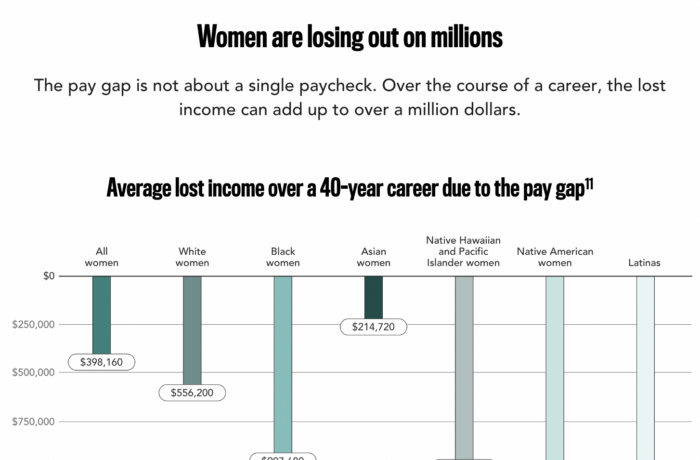If the concept of the Growth Mindset has come up in dinner party conversation or at a recent Back To School Night, there’s a good reason for that.
Since being coined by Stanford University professor Carol Dweck in her 2006 book, “Mindset: The New Psychology of Success,” the theory that we are not born with innate talent or smarts, but develop these traits through hard work and effort, has been the subject of a handful of recent TED talks and is being implemented into curriculums across the country.
So it’s no surprise that employers are increasingly looking for potential hires with a well-honed growth mindset.
That’s because,“employers know that candidates that can show they will work hard, be a team player and generally put their all into succeeding in their new role will be an asset to the company,” says Kathryn Kerge, founder and president of Kerge Consulting, a boutique HR firm. “These candidates also tend to be especially adept at problem solving and working through challenges in an effective manner.”
What It Is
But if the concept has you scratching your head, you’re likely not alone. In a nutshell, “individuals who believe their talents can be developed (through hard work, good strategies, and input from others) have a growth mindset,” Dweck wrote in a January Harvard Business Review Column. “They tend to achieve more than those with a more fixed mindset (those who believe their talents are innate gifts). This is because they worry less about looking smart and they put more energy into learning.”
Her TED talk, “The Power Of Believing You Can Improve,” expands on this. In it, she walks the audience through an experience in which, after giving ten-year-olds problems that were a bit too hard for them, “some of them reacted in a shockingly positive way,” she says. “They said things like, ‘I love a challenge,’ or, ‘You know, I was hoping this would be informative.’ They understood that their abilities could be developed. They had what I call a growth mindset. But other students felt it was tragic, catastrophic. From their more fixed mindset perspective, their intelligence had been up for judgment and they failed.”
Why You Need To Possess It
In the corporate world, a growth mindset is highly valuable, and firms are moving toward this model as a way to conduct business. The belief is that by fostering a culture in which people can grow and improve with effort, sound strategies, and proper mentorship, the company as a whole will flourish.
“We had one hundred thousand applicants for two thousand positions in 2015,” says Robin Kranich, SVP of Human Resources at Gartner, an Après Group partner. “Candidates who stand apart from the competition provide evidence that they find it exciting and rewarding to solve problems, that they don’t shrink away from challenges, and that they think their hard work will help Gartner grow even faster. Outstanding candidates also demonstrate the kind of innate curiosity that indicates they will be life-long learners. Our recruiters actively look for the growth mindset as evidence that a candidate will thrive in a culture that’s thirsty to improve upon ideas and approaches until we get things right.”
And there are findings that bring in a growth mindset officeplace is just as beneficial to the workforce. A 2014 study by Sean Delany Leadership Consulting Group, an arm of executive search firm Heidrick & Struggles, found that employees with a growth mindset had a greater sense of ownership over their work, and were likelier to feel a sense of commitment to the future of the company. Growth-oriented companies were also shown to support risk-taking and foster innovation.
How To Cultivate It
In order to adopt a growth mindset, you must believe effort can affect your intelligence or skillset. Those with growth mindsets see challenges as an opportunity to learn, rather than a hurdle to clear. And when they fail, they look to do better next time. Their self-confidence is not shattered when they take a few steps back. Those with a fixed mindset, on the other hand, tend to give up easily and make excuses for not giving it their all.
Other ways to hone a growth mindset include:
-Seeing challenges as a potential for growth. Taking action to succeed may require stepping over a few bumps in the road, but consistent hard work gets one to the finish line.
-Practicing tenacity. Having a goal is great, but just as important is having the resolve to reach them.
-Learning from failure. Those with a growth mindset do not see failure as a set-back, but an opportunity to try harder.
Those looking to develop more of a growth mindset will understand what it means to possess it and take the right steps to develop it.





